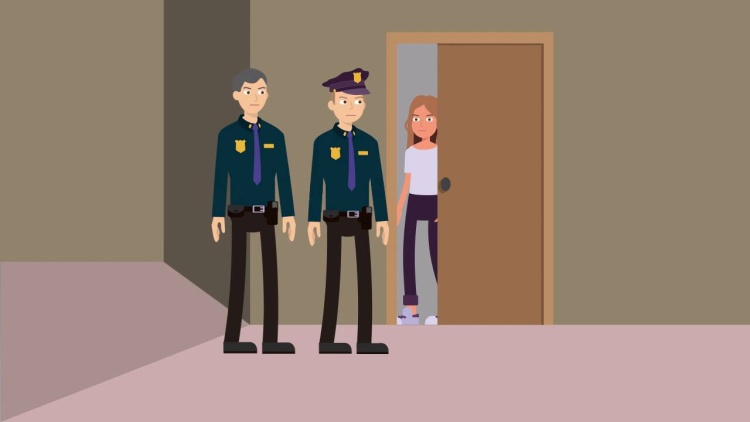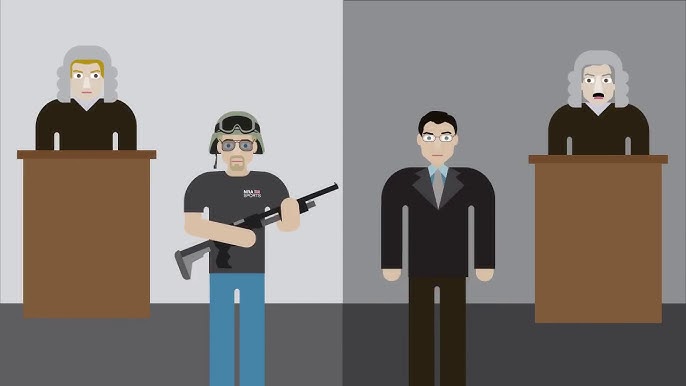The Fourth Amendment to the U.S. Constitution protects individuals from unreasonable searches and seizures by law enforcement. The Supreme Court case of Illinois v Gates, 462 U.S. 213 (1983), is a landmark decision that significantly impacted how courts determine if there’s enough evidence (probable cause) to justify issuing a search warrant.
The Case and the Anonymous Tip
In 1978, the Bloomingdale, Illinois police received an anonymous letter accusing Lance and Susan Gates of selling illegal drugs. The letter provided specific details, like the couple’s travel plans and alleged drug storage locations. Intrigued, the police started watching the Gates and confirmed some of the information in the letter. Based on this, they obtained a warrant to search the Gates’ home and car, where they found significant amounts of drugs.
Challenging the Warrant: The Aguilar-Spinelli Test
The Gates argued the search warrant was invalid because it lacked probable cause. Back then, courts relied on the Aguilar-Spinelli test, which required two things for an anonymous tip to be reliable:
- Informant’s Credibility: There had to be proof the anonymous tipster was reliable (e.g., past history of providing accurate information).
- Basis of Knowledge: The tip itself had to provide details showing how the informant knew the information (e.g., witnessed the crime).
The lower courts sided with the Gates, finding the anonymous letter didn’t meet the Aguilar-Spinelli standards.
The Supreme Court’s New Standard: Totality of the Circumstances
The Supreme Court, in a 6-3 decision, overturned the lower courts and did away with the Aguilar-Spinelli test. Justice Rehnquist, writing for the majority, introduced a new approach: the totality of the circumstances test.
This new test considers all relevant information when evaluating probable cause for a search warrant. In this case, while the anonymous letter itself might have been suspicious, the fact that the police independently corroborated some of its details (like the travel plans) added weight to the tip.
Key Takeaways: Balancing Interests
- More Flexible Standard for Law Enforcement: Illinois v. Gates gave law enforcement more leeway in establishing probable cause. It acknowledged that investigations often involve incomplete information, allowing judges to consider the bigger picture.
- Concerns for Civil Liberties: Critics argue the “totality of the circumstances” test might be too loose, allowing unreliable information to justify searches. They fear it could erode Fourth Amendment protections.
Illinois v. Gates: A Lasting Impact
This case remains highly influential in discussions about search warrants and Fourth Amendment rights. It established a more flexible standard for probable cause, aiming to balance effective law enforcement with individual privacy protections. The debate surrounding this case continues to shape the landscape of criminal justice in the United States.



